Taking Your Rear Wheel off Doesn't Have to Leave You Covered in Oil
Before removing a rear wheel, make sure you are in your small chain ring and smallest cog on the cassette. This puts your rear derailleur in its most relaxed position and gives the chain the most slack. When you put the rear wheel back on simply line up the chain over your smallest cog again and ease the wheel back into the dropouts. You may have to use a finger to push the rear derailleur down but you shouldn't have to mess around grabbing hold of the chain with your hands.
Struggling to Eat on the Bike?
Cut open bars and blocks before you ride and have them ready to slip out of wrappers easily while you're riding (not recommended with gels I'm afraid—use your teeth for that one!).
More: How Much Nutrition Do I need During Base Building
Not Confident on a Descent?
There are many things to learn about descending better, more safely or more quickly. However the one learning point that people seem to gain the most from is learning to put their outside pedal down when taking a corner (for example, if you are cornering to the left put the right pedal down) and apply pressure to the pedal. Real hard pressure, not just putting the correct foot down, it should feel like you are trying to snap the pedal off! It's amazing how much more confidently you can descend when you start doing this.
More: How to Safely Turn During Descents
Feeling the Pressure?
One hundred pounds is a very popular tire pressure for some reason, no matter what the terrain or rider weight. Actually,the correct tire pressure varies a lot depending on the rider, where they are riding, the tire width and manufacturer. You can usually call the tire manufacturer or look on their website and find the correct pressure for you, your bike and your riding. Be aware—too much air can slow you down too by causing a bumpy ride!
More: How to Choose the Best Bike Wheels
Feeling the Heat?
If you're going to be riding on a very hot day, prepare both water bottles in advance and freeze them overnight. Have one filled 70 percent full. When you remove them in the morning top up the slightly less full bottle so you have some liquid immediately. As you ride, they'll melt but they'll stay cool for much longer.
- 2
- of
- 3
About the Author
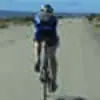


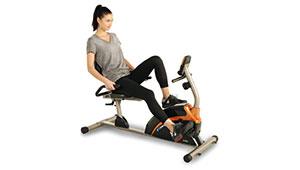
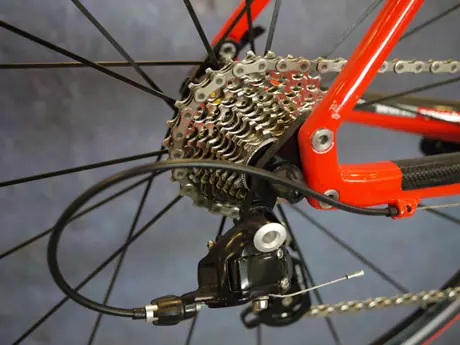
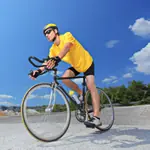
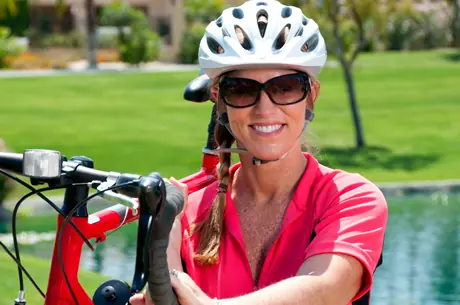
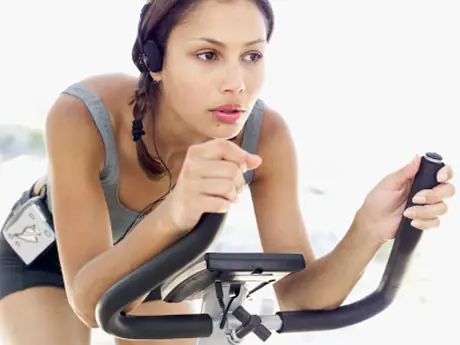

Discuss This Article